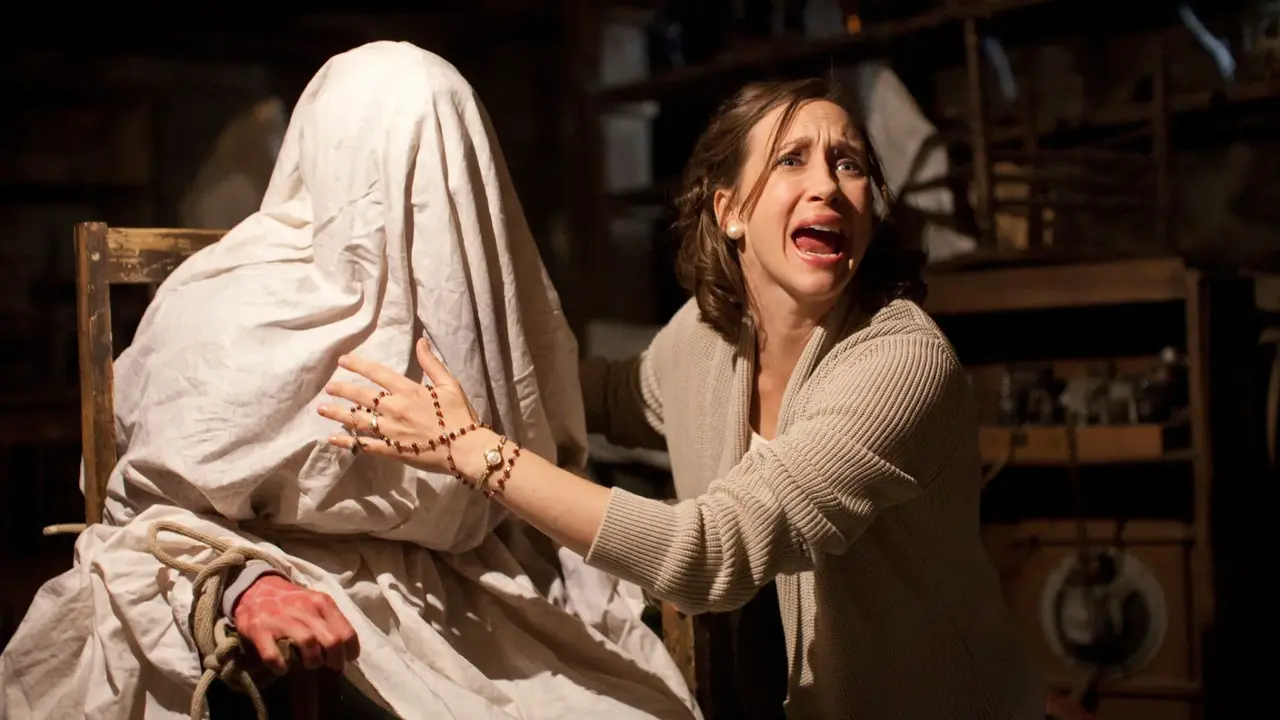
DiYES International School – Child Possession has become a topic that stirs fear and curiosity among parents and communities alike. Many cases have been reported where children exhibit unusual behavior that some interpret as signs of possession. These behaviors often include sudden personality changes, uncontrollable outbursts, and strange physical movements. However, experts are divided over whether these cases stem from genuine paranormal phenomena or underlying mental health disorders. Understanding the difference is crucial for proper intervention and care. Cultural beliefs also heavily influence how these incidents are perceived and managed. In some societies, possession is seen as a spiritual problem requiring exorcism, while in others, psychological treatment is recommended. The rise of media coverage and social sharing has intensified public interest and concern. This article explores the complex nature of child possession, examining both paranormal interpretations and mental health perspectives.
Child Possession remains a controversial subject as it challenges the boundary between spiritual beliefs and science. People who support paranormal explanations argue that children can become vessels for spirits or demons. Rituals and exorcisms are often used to try to remove the supposed entity. On the other hand, mental health professionals suggest that many of these symptoms align with recognized disorders such as dissociative identity disorder, epilepsy, or childhood psychosis. Misdiagnosis can occur when cultural beliefs override medical evaluation.
Parents and caregivers sometimes resist psychological treatment because they fear stigma or mistrust modern medicine. In some cases, child possession is linked to trauma, abuse, or neglect, which require therapeutic intervention rather than spiritual rituals. Education and awareness campaigns have helped bridge the gap between these views but misconceptions still persist. Therefore, it is essential for communities to work closely with healthcare providers and spiritual leaders to ensure children receive appropriate help. Balancing respect for cultural traditions with scientific understanding can improve outcomes for affected families.
“Read about: How to Spot and Fight Lymph Node Disease in Your Child Before It’s Too Late”
Numerous stories have emerged from various parts of the world describing shocking child possession cases. These accounts often share common elements like sudden onset of bizarre behavior, loss of speech, or violent movements. Some children claim to hear voices or display knowledge beyond their years, raising suspicions of spiritual involvement. One notable case involved a child who exhibited aggressive behavior that stopped only after a traditional exorcism ceremony.
Meanwhile, doctors later diagnosed the same child with epilepsy and recommended medication. Such cases highlight how easily symptoms can be misinterpreted. Family dynamics and societal pressure sometimes push parents towards supernatural explanations rather than seeking psychiatric help. Media portrayals can also sensationalize these events, creating fear and confusion. Despite these challenges, many children have recovered fully after receiving appropriate medical treatment, proving the importance of a careful and thorough diagnosis. Communities must become more informed and less judgmental to support children facing these difficulties.
The future of addressing child possession cases lies in collaboration between different fields and cultures. Mental health awareness needs to be expanded, especially in regions where traditional beliefs dominate. Training local health workers to recognize psychiatric symptoms can prevent harmful practices and encourage early intervention. Spiritual leaders can play a vital role by guiding families toward balanced approaches that include medical evaluation. Open dialogue and respectful exchange of ideas can reduce stigma surrounding mental illness and possession beliefs. Research into the psychological and neurological causes of these behaviors continues to grow, providing new insights. Public education campaigns should focus on dispelling myths and promoting understanding. Supporting families with counseling and social services strengthens community resilience. Ultimately, combining empathy, knowledge, and cultural sensitivity will help children overcome their struggles and lead healthier lives.